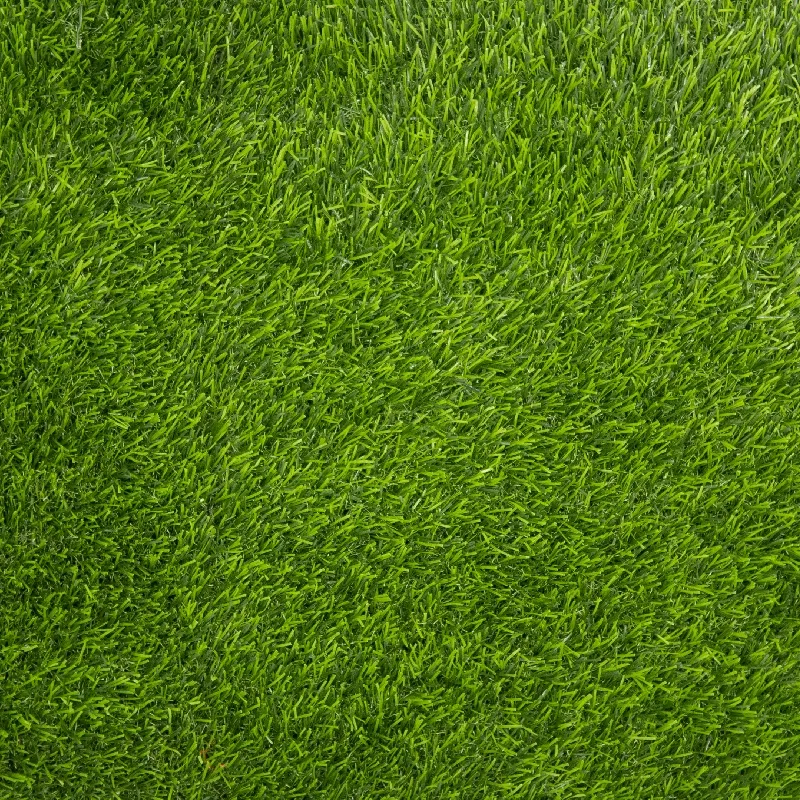
- Afrikaans
- Arabic
- Belarusian
- Bengali
- Czech
- Danish
- Dutch
- English
- Esperanto
- Estonian
- Finnish
- French
- German
- Greek
- Hindi
- Hungarian
- Icelandic
- Indonesian
- irish
- Italian
- Japanese
- kazakh
- Rwandese
- Korean
- Kyrgyz
- Lao
- Latin
- Latvian
- Malay
- Mongolian
- Myanmar
- Norwegian
- Persian
- Polish
- Portuguese
- Romanian
- Russian
- Serbian
- Spanish
- Swedish
- Tagalog
- Tajik
- Thai
- Turkish
- Turkmen
- Ukrainian
- Urdu
- Uighur
- Uzbek
- Vietnamese
artificial grass for playground
Dec . 22, 2024 14:59 Back to list
The Benefits of Artificial Grass for Playgrounds
As awareness grows about the importance of safe and durable play environments for children, more schools, parks, and recreational facilities are turning to artificial grass as a viable solution for playgrounds. This synthetic alternative to natural grass offers numerous benefits that make it an ideal surface for play areas, balancing safety, maintenance, and environmental considerations.
Safety First
One of the primary reasons for using artificial grass in playgrounds is its inherent safety features. Traditional grass surfaces can wear down over time, creating uneven terrain that may pose tripping hazards for children. In contrast, artificial grass provides a consistently flat and smooth surface, significantly reducing the risk of falls and injuries. Furthermore, many types of artificial grass are designed with shock-absorbing properties. These features can cushion falls, helping to minimize the impact and potential injuries associated with playground accidents.
Moreover, artificial grass is free from harmful chemicals and pesticides that are often used on natural grass in order to maintain its lush appearance. This absence of harmful substances creates a healthier environment for children to play in, mitigating concerns about skin allergies, respiratory issues, or other health risks commonly associated with chemical treatments.
Low Maintenance and Durability
Another important advantage of artificial grass for playgrounds is its low maintenance requirements. Natural grass requires a significant amount of attention, including regular mowing, watering, fertilizing, and pest control. These ongoing maintenance tasks can be costly and time-consuming, especially for large playground areas. In contrast, artificial grass eliminates most of these upkeep needs.
Once installed, synthetic grass requires very little maintenance. Occasional brushing and rinsing are typically all that’s needed to keep the surface clean and in good condition. Additionally, artificial grass is designed to withstand heavy foot traffic and extreme weather conditions, maintaining its appearance and functionality over time. This durability makes it an economically sound choice, as the long lifespan of artificial grass can provide substantial cost savings in maintenance and repair over the years.
artificial grass for playground

Environmental Impact
While some may raise concerns about the environmental impact of artificial grass, advancements in technology have led to eco-friendly options that make it a sustainable choice for playgrounds. Many manufacturers now produce artificial grass from recycled materials, reducing the need for virgin resources. Furthermore, since artificial grass does not require watering, it can significantly lower water usage—a critical consideration in drought-prone areas.
Moreover, artificial grass does not require fertilizers or pesticides, which can leach into the soil and water supply, thereby reducing the harmful runoff that often accompanies natural grass maintenance. With many communities focusing on sustainability and environmental stewardship, choosing artificial grass for playgrounds aligns with these values, creating safer and greener play areas for children.
Aesthetically Pleasing
One cannot overlook the aesthetic appeal of artificial grass. Maintaining a vibrant and green surface can be challenging with natural grass, especially in high-traffic areas where grass might be worn thin. Synthetic turf, however, remains consistently green throughout the year, delivering a visually appealing environment that is inviting to children and parents alike. The ability to create diverse play zones with varying textures and colors also enhances the playground’s design, inviting imaginative play that encourages creativity and exploration.
Conclusion
The case for artificial grass in playgrounds is compelling. With an emphasis on safety, low-maintenance convenience, environmental sustainability, and aesthetic appeal, artificial grass represents a modern solution to the challenges presented by traditional natural grass. As communities continue to prioritize creating safe, engaging, and sustainable play environments for children, the adoption of artificial grass is likely to grow.
Ultimately, artificial grass not only enhances the play experience but also fosters a healthier outdoor environment for future generations, making it a smart investment for any playground. By choosing synthetic turf, we are taking proactive steps to ensure that our children have safe and enjoyable spaces to play, learn, and grow.
-
The Benefits of Artificial Turf for Indoors
NewsJul.15,2025
-
How Artificial Grass Suppliers Ensure Quality Products
NewsJul.15,2025
-
Artificial Grass and Pets: A Space for Relaxation
NewsJul.08,2025
-
Balcony & Outdoor Decoration with Artificial Grass
NewsJul.08,2025
-
Best Indoor Artificial Grass for Home
NewsJul.07,2025
-
Best Pet Turf for Dogs: Safe & Durable Artificial Grass Options
NewsJul.07,2025
Products categories









